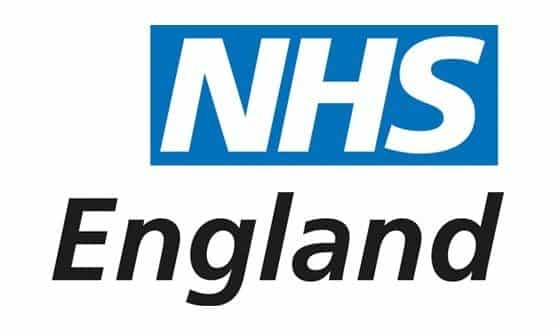NHSE tells trusts that mandated returns essential following EPR
- 17 January 2024

NHS England has written to health service leaders reminding them of their requirement to submit nationally mandated returns during the implementation of electronic patient record systems.
The letter follows a series of high–profile cases where trusts have been left unable to provide statutory reporting for extended periods following an EPR go-live, including Royal Surrey and St Peters, Oracle Cerner; and Frimley and Manchester, both Epic.
The letter, a copy of which was seen by Digital Health News, says that throughout the process of EPR implementation, “it is essential that providers maintain an understanding of the needs of patients, through the monitoring of clinical and non-clinical activity that has taken place, and that national data can be effectively reported to support financial, operational, and clinical quality oversight”.
It goes on to note that: “There have been recent instances of providers stopping business critical reporting, sometimes for significant periods, due to the impact of EPR implementation.”
NHSE also reminds recipients that the submission of mandated returns is required as part of their provider license, and advises them to use agreed governance mechanisms to mitigate any risks identified during the implementation of EPR systems.
“Where there are known data quality or completeness challenges, submissions must still be made, and any issues reported to NHS England national and regional teams – including frontline digitisation engagement teams where providers are in receipt of EPR funding,” the letter continues. “Any such issues should be considered as a high severity risk, and actions to remedy them prioritised accordingly.”
The letter also says that NHS England has introduced additional governance for EPR go-lives to provide assurance on business continuity. It says ahead of each EPR deployment, the relevant regional director will present evidence and assurance on the ability of the trust to maintain reporting to the national Quality and Performance Committee to seek formal approval to proceed. It adds that further information about the process will be made available “in due course”.
If, after the process is set out, a provider is unable to submit key mandatory returns, NHSE and the provider will agree on a plan that will be formally monitored through the appropriate governance mechanism, the letter says. It also notes that NHSE is collecting the experience of providers that have completed EPR implementations, including examples of lessons learnt and good practice, in an EPR Data Migration and Reporting Reference Guide, which covers elements of procurement, data migration, governance, testing and training. NHS England’s frontline digitisation team also offers support, to help EPR implementation, including masterclasses, targeted training and peer networks, the letter says.
The letter, dated 10 January 2024, was issued widely to executives and digital leads at NHS trusts and was signed jointly by Vin Diwakar, interim director of NHSE’s Transformation Directorate and keynote speaker at Rewired 2024 in March, Sarah-Jane Marsh, national director of integrated urgent and emergency care and deputy chief operating officer and Sir James Mackey, national director of elective recovery at NHSE.





2 Comments
Twas ever thus – welcome to the NHS World of Pain!
Every EPR project should carry this and a subsequent fall in income due to disruption in reporting clinical activity to commissioners within their risk log.
It’s a shame NHSE don’t also apply the same rigour to themselves. The Patient Level Costing mandated return this year, where all Trusts must submit detailed financial records for each patient, was delayed by over six months because of bad panning and implementation by NHSE, causing all Trusts to have to spend a lot more time and money on this process and the delay means the data is of lesser value as it is more out of date.
For months Trusts asked NHSE for a statement explaining the delay for their DoFs but it never transpired.
Where is the statement outlining why this happened. this affected over 200 Trusts and billions of lines of data not just 4 Trusts
Comments are closed.